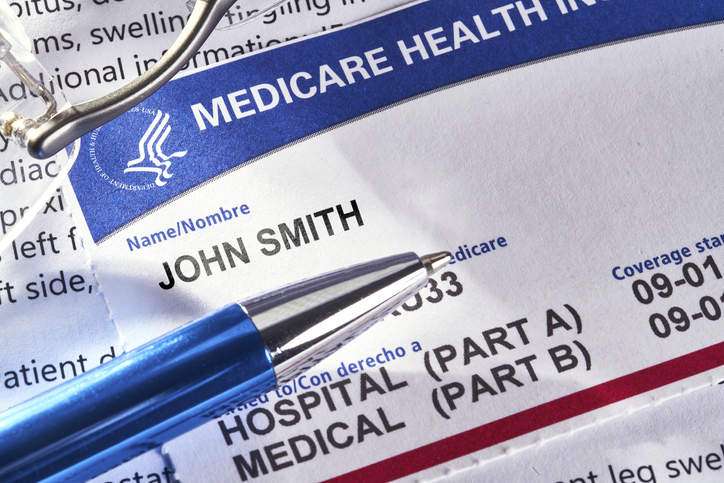
Medicare, the federal health insurance program, is guaranteed to all Americans 65 and older, and while it’s low-cost, it’s not free. Medicare comes with copays, coinsurance and premiums that are based on your income.
But you may qualify for a Medicare Savings Program.
If you qualify for programs that cover your copays, coinsurance or premiums, you will automatically get a notice in the mail that might be purple or yellow. But if you tossed the notice, your financial circumstances have changed, or you simply want to take another look at benefits you may not know about, it’s worth taking a look at some of the ways you can save on Medicare costs.
“We encourage people every year to check their benefits and check with a counselor about the range of services and programs they might be eligible for based on their income,” says Shari Smith, manager of the Medicare Medicaid Assistance Program (MMAP) at AgeWays. MMAP counselors can help review your plan and enroll you in a savings program if you qualify, free of charge and bias.
If you receive a yellow or purple notice it means you automatically qualify for Extra Help. A green notice means you have automatically been enrolled in a specific prescription drug plan (that you can change during a Special Enrollment Period.)
The following is an explanation of the Medicare Savings Programs, along with financial eligibility and resource requirements (resources refer to money in savings and checking accounts and stocks and bonds owned):
The Qualified Medicare Beneficiary (QMB) Program reduces premiums, deductibles, coinsurance and copays for Original Medicare (Parts A and B).
2022 QMB Program eligibility requirements:
The Specified Low Income Medicare Beneficiary (SLMB) Program is a state program that helps pay Part B premiums for people who have Part A and limited income and resources.
2022 SLMB Program eligibility requirements:
The Qualifying Individual (QI) Program is also a state program that helps pay Part B premiums for people who do NOT qualify for Medicaid. Applications are granted on a first-come, first-served basis, with priority given to people who got QI benefits the year before.
2022 QI eligibility requirements:
The Qualified Disabled and Working Individuals (QDWI) Program pays for Part A premiums.
2022 QDWI Program eligibility requirements:
If you qualify for any of the first three programs listed, you also qualify for Extra Help, a Medicare program that will cover the cost of your Medicare-approved prescription drugs, including premiums, deductibles and coinsurance. If you’re already in Medicare, you should have received a purple notice of eligibility for Extra Help.
You may also qualify for Extra Help if you have full Medicaid coverage or you receive Supplemental Security Income benefits.
Call MMAP to make an appointment with a certified counselor who can help you understand your options: (800) 803-7174.